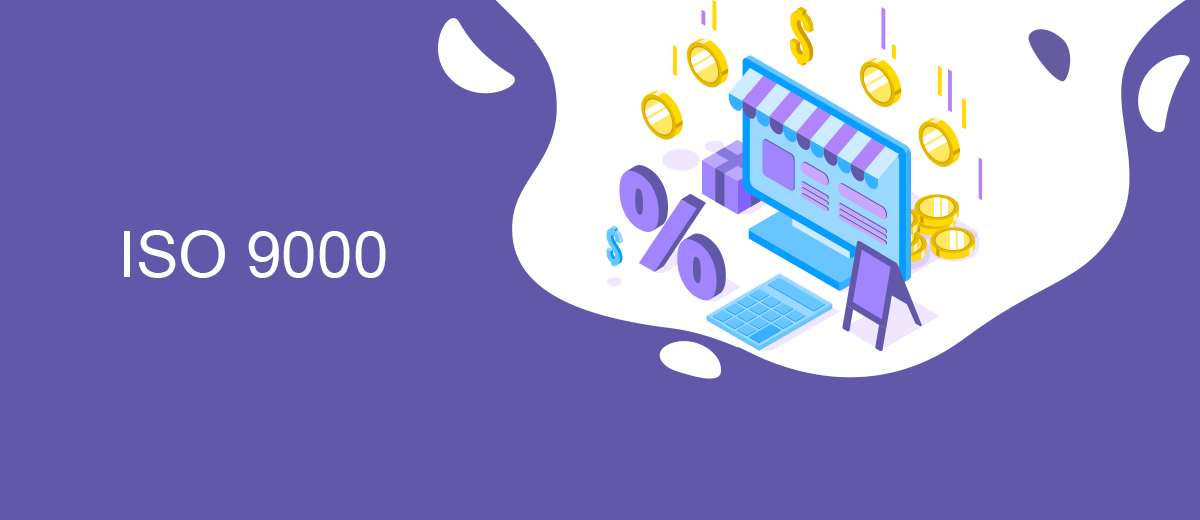ISO 9000
ISO 9000 is a series of international standards that relate to quality control and are designed to help all enterprises ensure the effective operation of existing QMS. They are developed by the international organization for standardization of quality control.
It is believed that when developing the first version, the technical committee took the British standard as a basis. In fact, ISO 9000 is not a guarantee of the high quality of a company's products. If it has an ISO 9000 certificate, this indicates a certain level of reliability of the manufacturer as a whole.
For companies, compliance with ISO 9000 is a certain minimum level of quality that allows them to enter the global market. The presence of such a certificate confirms that the company's products meet the requirements of this standard.
- Automate the work of an online store or landing
- Empower through integration
- Don't spend money on programmers and integrators
- Save time by automating routine tasks
The main goal of ISO 9000 is to ensure the work of the quality control department of the company's products. The original focus of the first edition was focused only on consumer/producer relationships. Only after the release of the penultimate, third edition, the focus was on the ability of the enterprise to meet the needs of all parties (manager, employees, society), and not just the consumer.
To date, the latest edition of the ISO standards consists of:
- ISO 9000 in the latest revision from 2015. Contains the main general provisions, as well as a glossary of terms.
- ISO 9001 It specifies the requirements for quality control.
- ISO 9004 from 2009. The basis of quality control.
- ISO 19011 from 2011. A set of guidelines for the verification of management systems.
Standards help companies to formalize the quality control system and enter the world market with their products. But the presence of the ISO 9000 mark on the packaging does not guarantee that the product will be of high quality, but it must comply with the minimum allowable.
Back to Home eCommerce Encyclopedia
Set up integration without programmers — ApiX-Drive
Articles about marketing, automation and integrations in our Blog


